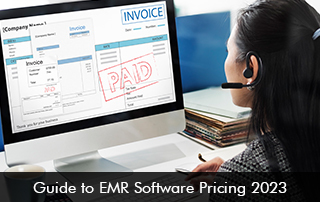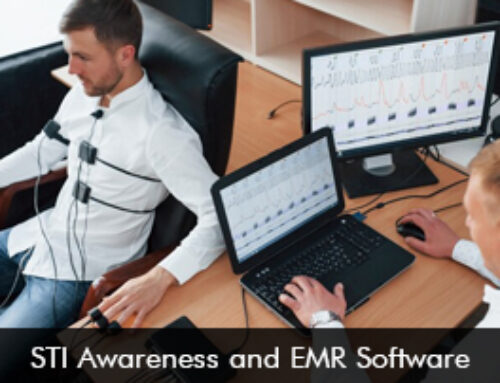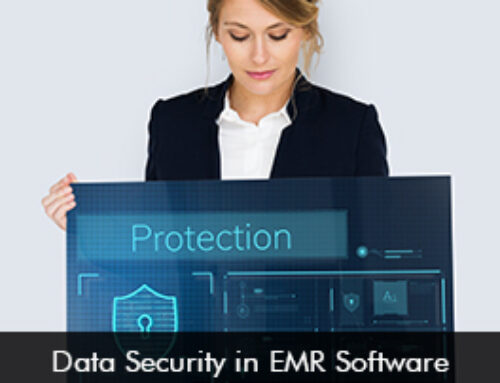The American Recovery and Reinvestment Act of 2009 instructed all private and public healthcare systems and providers to deploy Electronic Medical Records Software (EMR) Software technology to modernize and automate the healthcare sector. Through these solutions practices can receive financial incentives and streamline workflows to improve patient care.
Standard EHR Software Pricing Models
The cost of Electronic Health Records (EHR) software varies greatly depending on a variety of criteria, including the EMR vendor, the features and functionality offered, the number of users, and the size of your healthcare business. Here are some common pricing structures and considerations:
Per Provider Pricing Model
Many EHR software vendors charge per provider or user. This implies that you must pay a price for each healthcare practitioner or user who will use the software. The cost per provider/user per month might range from a few hundred to several thousand dollars. For example, Epic EMR Software charges $1,200 per user per year (starting price), and athenahealth software $140 per provider every month.
Tiered Pricing
Depending on the size of a practice or the number of patients served, several EMR suppliers offer tiered pricing plans. Smaller healthcare companies could have to pay less than bigger ones. There are different pricing plans for different practices. For example, there are three different pricing plans offered by the eClinicalWorks EHR software vendor with no start-up costs included. This gives greater flexibility to potential buyers.
Monthly or Annual Subscription
Electronic medical records software is frequently offered as a subscription service, with a monthly or annual cost charged to utilize the platform.
Module-Based Pricing
EHR systems could come with extra modules or features that can be installed on top of the standard software system. For additional tools and features like e-prescribing, billing, or patient portals, users need to pay to use the add-ons.
Training and Support Fees
To train teams and staff members it is vital to consider EMR Software training costs as well as ongoing support and maintenance costs.
Additional Charges when Implementing a New EHR Solution
It is critical to be aware of the extra costs involved when deploying a new EMR software for your practice. By staying updated you can allocate the following costs in your budget for purchasing the software technology.
- Data Migration Charges: Data transfer might be costly if you are switching from paper records or upgrading to a new EMR system. The cost will be influenced by the complexity and volume of data to be moved. Usually, software vendors charge between $30,000 to $50,000 for data migration services.
- Training Costs: Training costs can be incurred to ensure that staff members can learn to use and navigate the new software solution with ease. Fortunately, many EHR software vendors offer free training materials that are available online such as webinars, and demo videos to guide new users.
Final Takeaways
It’s crucial to engage closely with the EMR software vendor to receive a thorough breakdown of costs and to bargain for a price that takes into account the unique requirements of your healthcare organization and financial limitations. When assessing the financial impact of deploying an EHR system, take into account the total cost of ownership (TCO) over the long term, which includes continuing support, maintenance, and software upgrade charges.
Always bear in mind that a good and reputable health IT vendor always has transparent and simple pricing models without any surprising hidden software costs.







